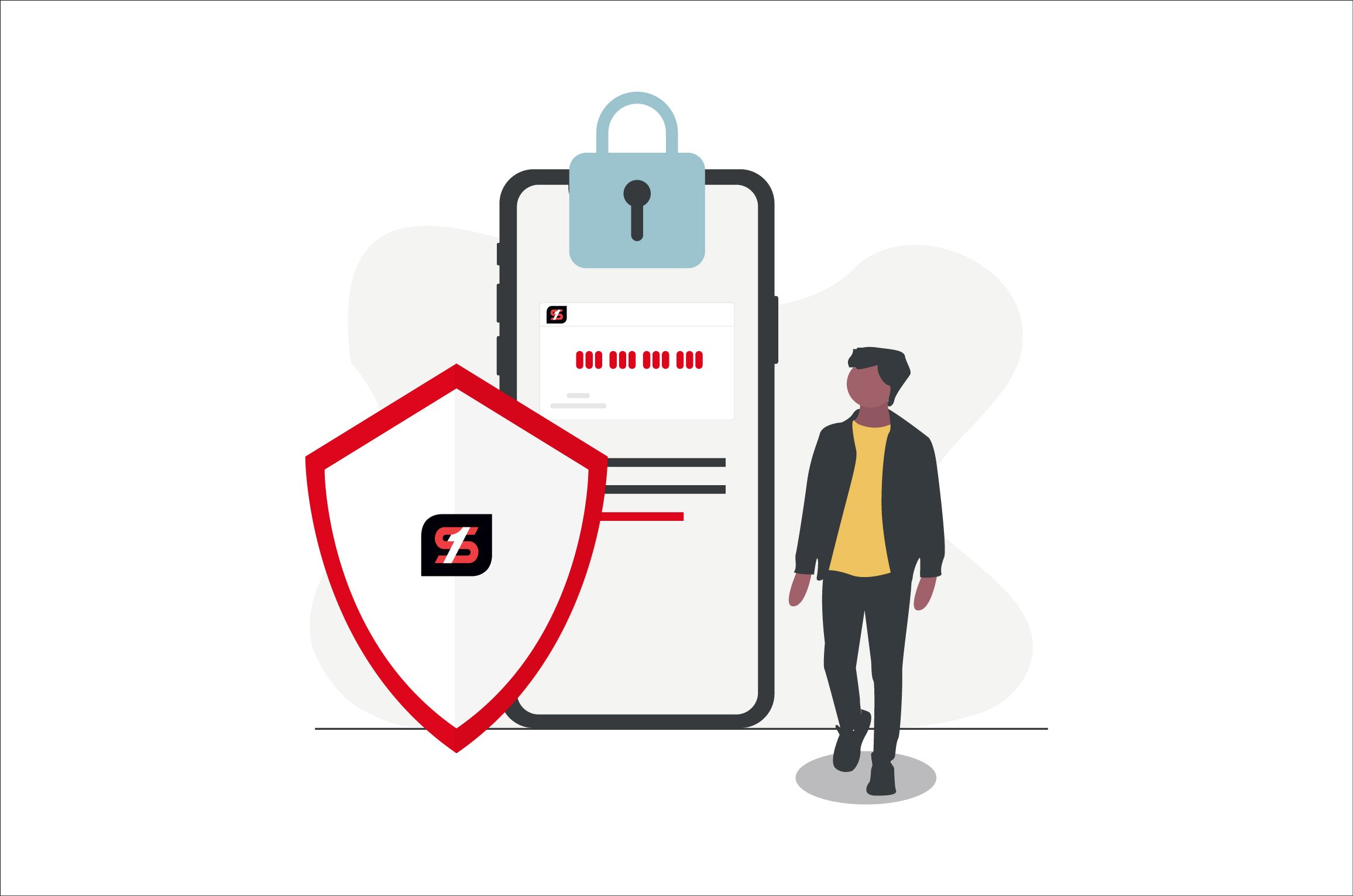5 Steps to create a budget (Video)
A budget gives your money a purpose
Looking to set some financial goals in 2026? Creating a budget is the right place to start. First-time budgeters may feel overwhelmed, but we are here to help.
A beginner's guide to building a budget
Creating a budget can seem daunting at first, but it becomes manageable once you choose a method that works for you—whether it be a spreadsheet, paper, or a budgeting app. After deciding your method, grab your bank statements and you are ready to start building a budget.
- Determine your monthly net income. This is the amount of money you have left to spend after taxes, health insurance, and retirement contributions.
- List your monthly expenses. Start with your essential expenses that are roughly the same every month such as housing, utilities and transportation. Next, identify additional categories that require budgeting, such as gas and groceries, by reflecting on your past spending habits.
- Subtract your expenses from your net income. Once you understand what your expenses are every month, subtract that from your net income. This will determine what you have left to put towards debt or into a savings account. If your expenses are more than your income, reevaluate where you can cut expenses.
- Track your expenses regularly. Once you have allocated where all your net income is going, make sure to track expenses regularly to stay within your budget.
- Reevaluate as needed. Review your budget regularly throughout the year to check if you're meeting your financial goals and make adjustments where necessary.
Let’s review:
Creating and maintaining a budget is a powerful tool for managing your money. By following these five steps, you can develop a plan that works for your lifestyle. Remember, successful budgeting isn't about perfection—it's about consistency and adapting as needed. Start your budget today and take control of your financial future.





